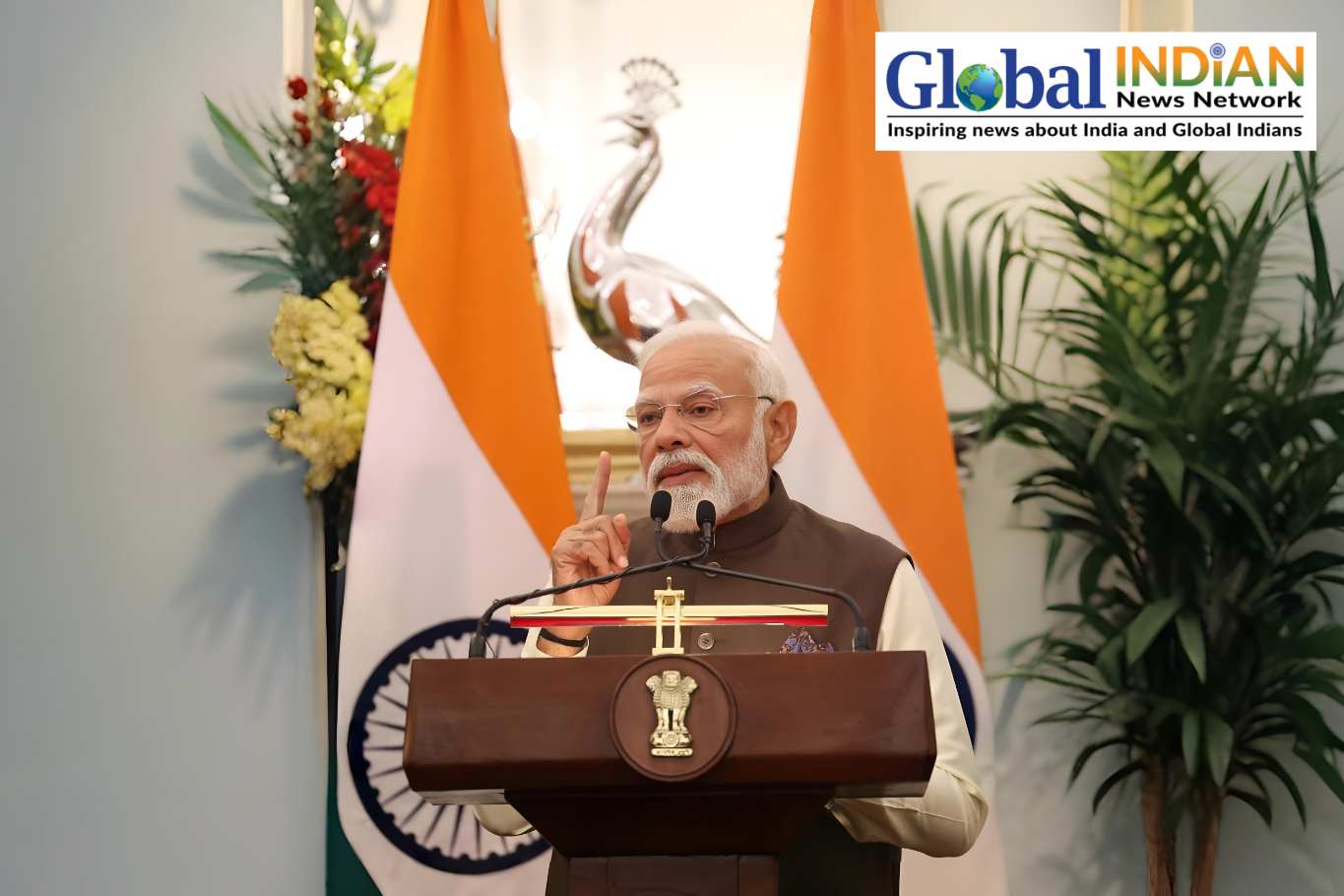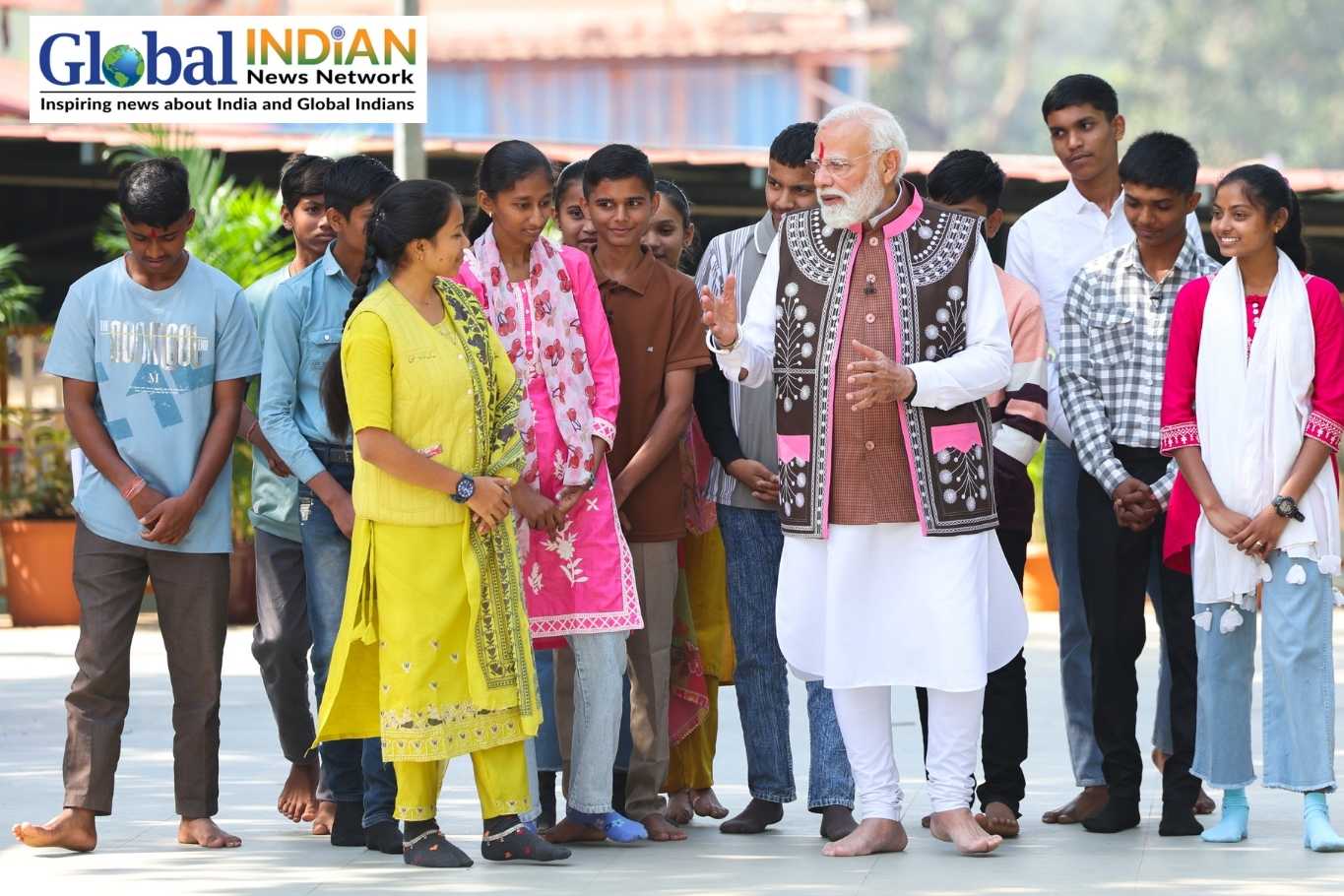
Health professionals in the UK have launched the 100-4-100 Project, an ambitious campaign to transform surgical care in India and the Global South. This initiative aims to raise $100 million to bring reliable, clean energy to 100 hospitals in remote areas, improving their ability to provide essential health services.
The project, launched by the National Institute for Health and Care Research (NIHR) Global Health Research Unit on Global Surgery at the University of Birmingham, is addressing the ongoing challenge of power outages in hospitals across the Global South. According to the University of Birmingham, nearly 88% of these hospitals face regular power disruptions, often lasting over four hours weekly, which undermines their ability to offer safe and effective surgical care.
Professor Aneel Bhangu, a prominent leader in global surgery, emphasized the critical need for stable electricity in healthcare settings. He explained, “Power losses are a frequent issue in the Global South, and these failures often leave hospitals unable to assist patients in need of urgent care.”
The initial phase of the campaign will focus on pilot programs in India and Nigeria. A key site is Chinchpada Christian Hospital in India, which experiences power cuts of up to nine hours daily, forcing the use of expensive and polluting diesel generators. The project aims not only to enhance surgical services but also to reduce environmental impacts, aligning with global efforts to promote sustainable healthcare. By providing alternative energy sources, the 100-4-100 Project will reduce dependence on unreliable power grids and lower carbon emissions.
The initiative comes at a time when global health organizations, such as The Lancet Commission on Global Surgery, have highlighted critical gaps in surgical care in low- and middle-income countries. The 100-4-100 Project addresses these issues by focusing on improving healthcare infrastructure and ensuring sustainable energy solutions, which will lead to better health outcomes in the Global South.









